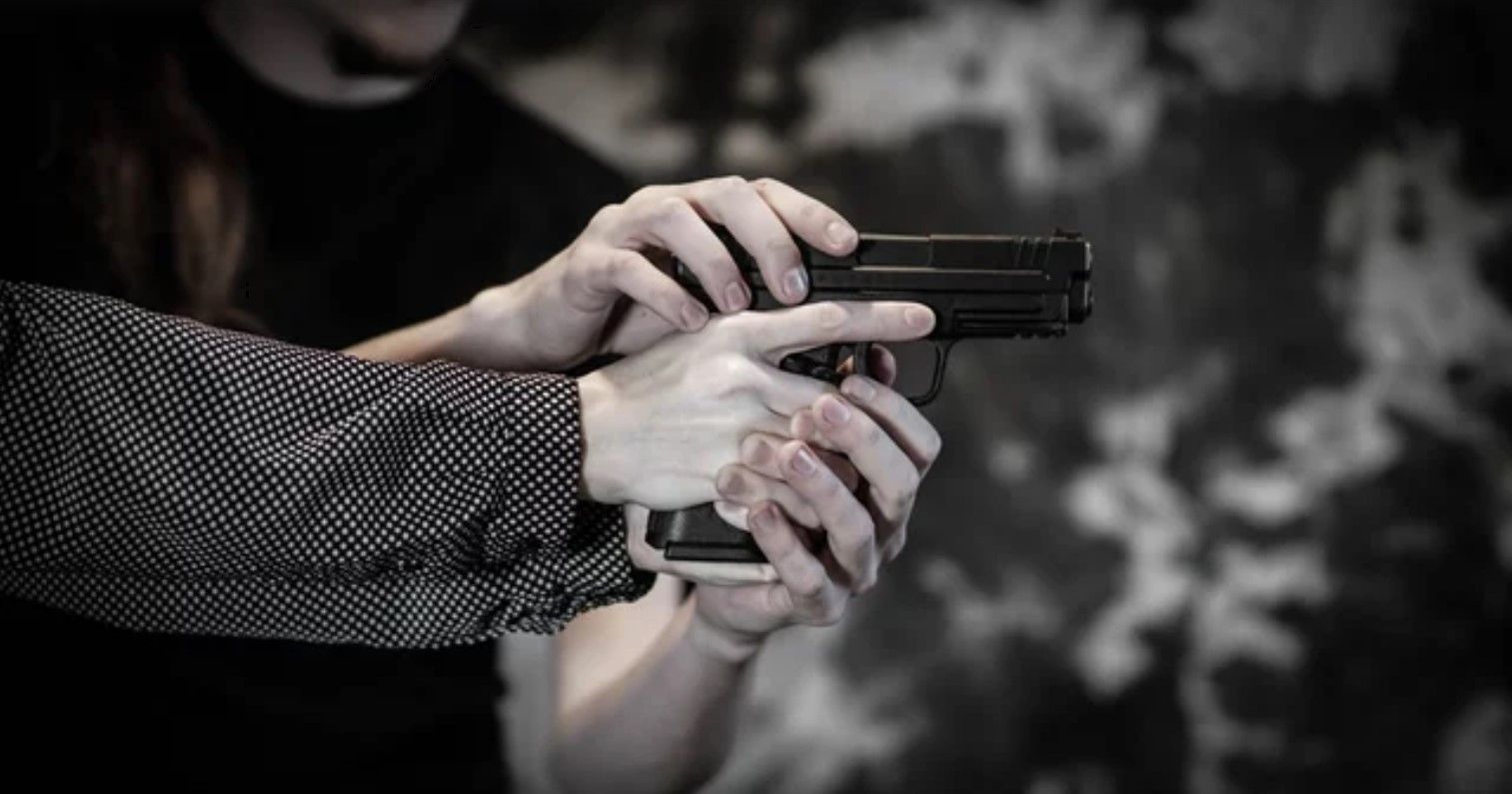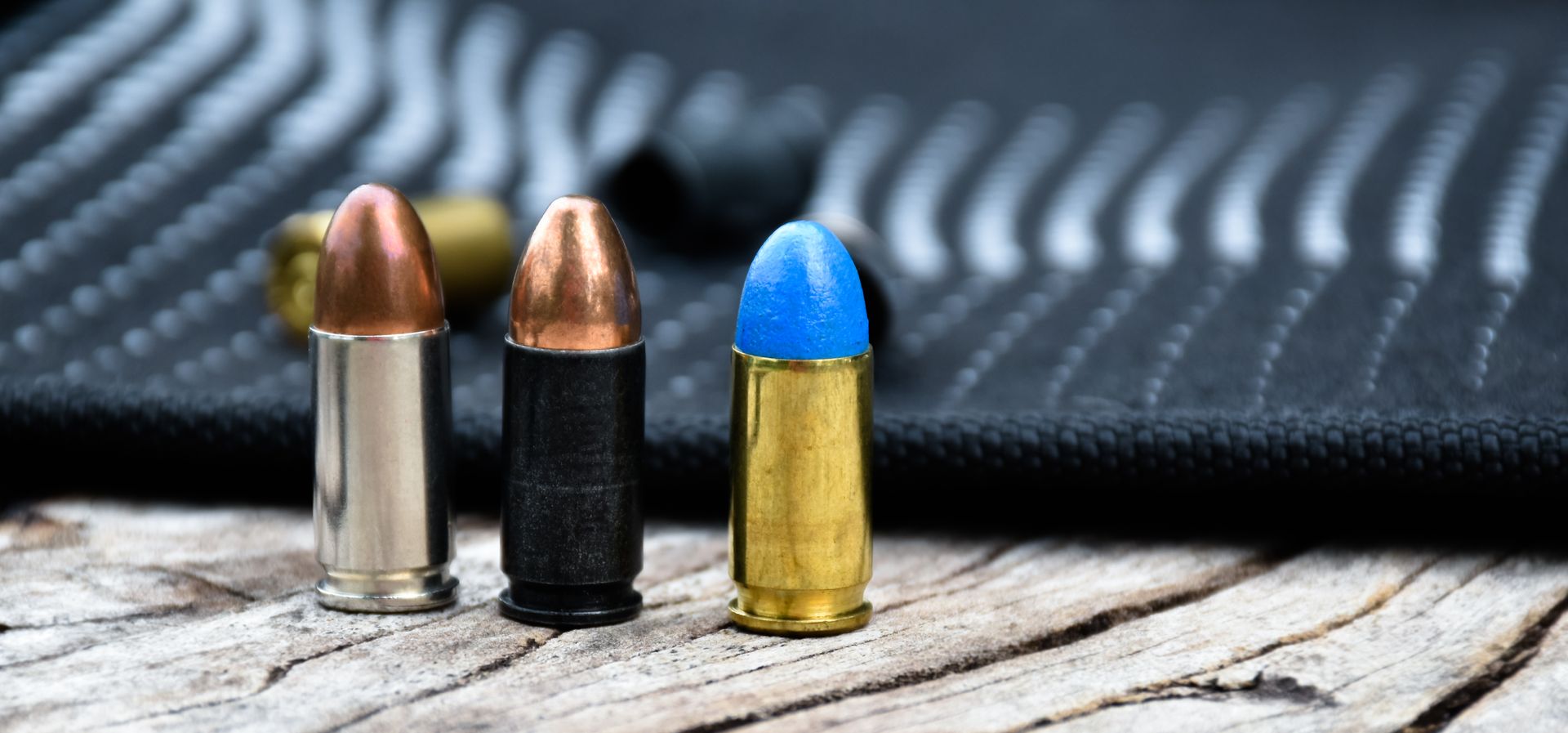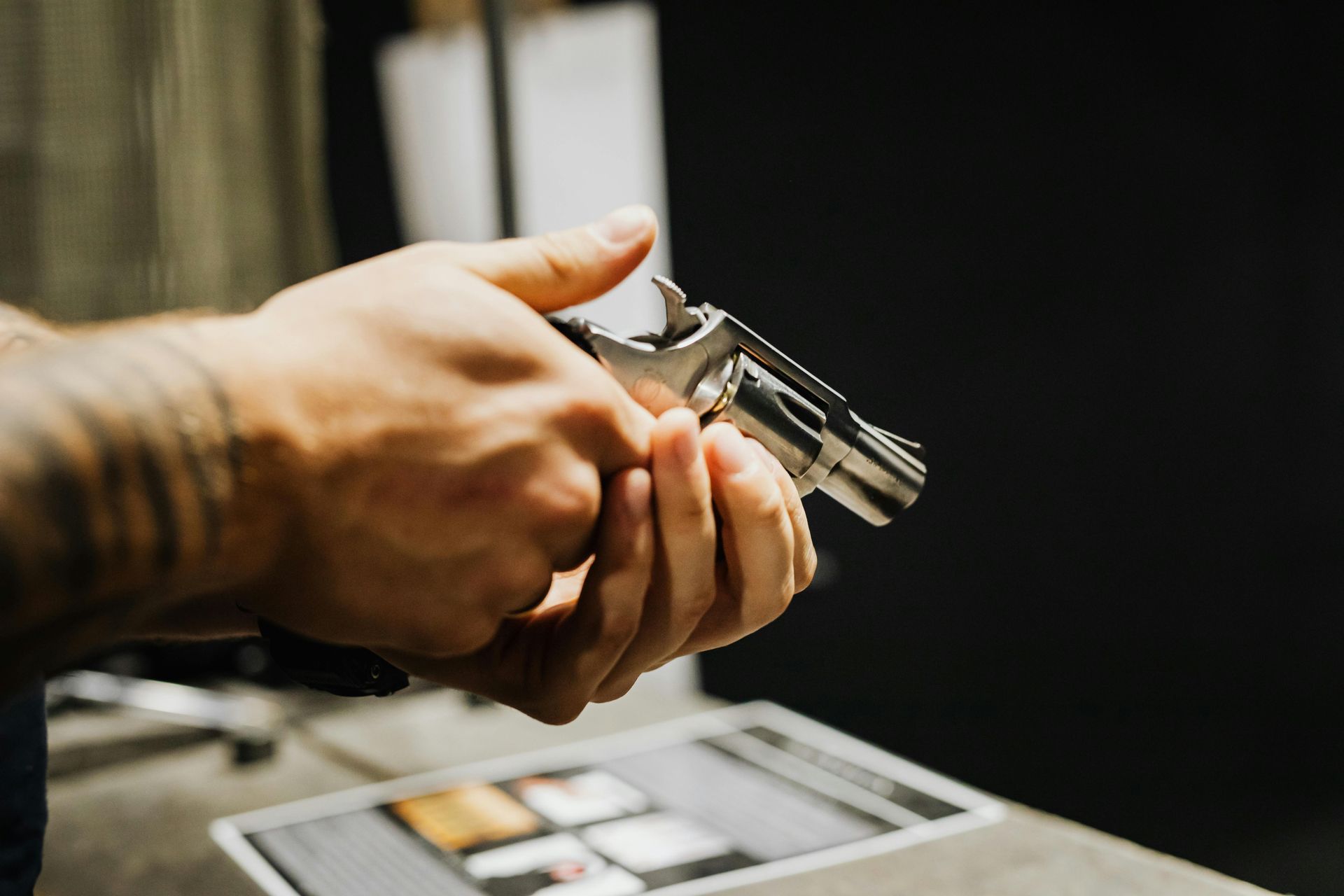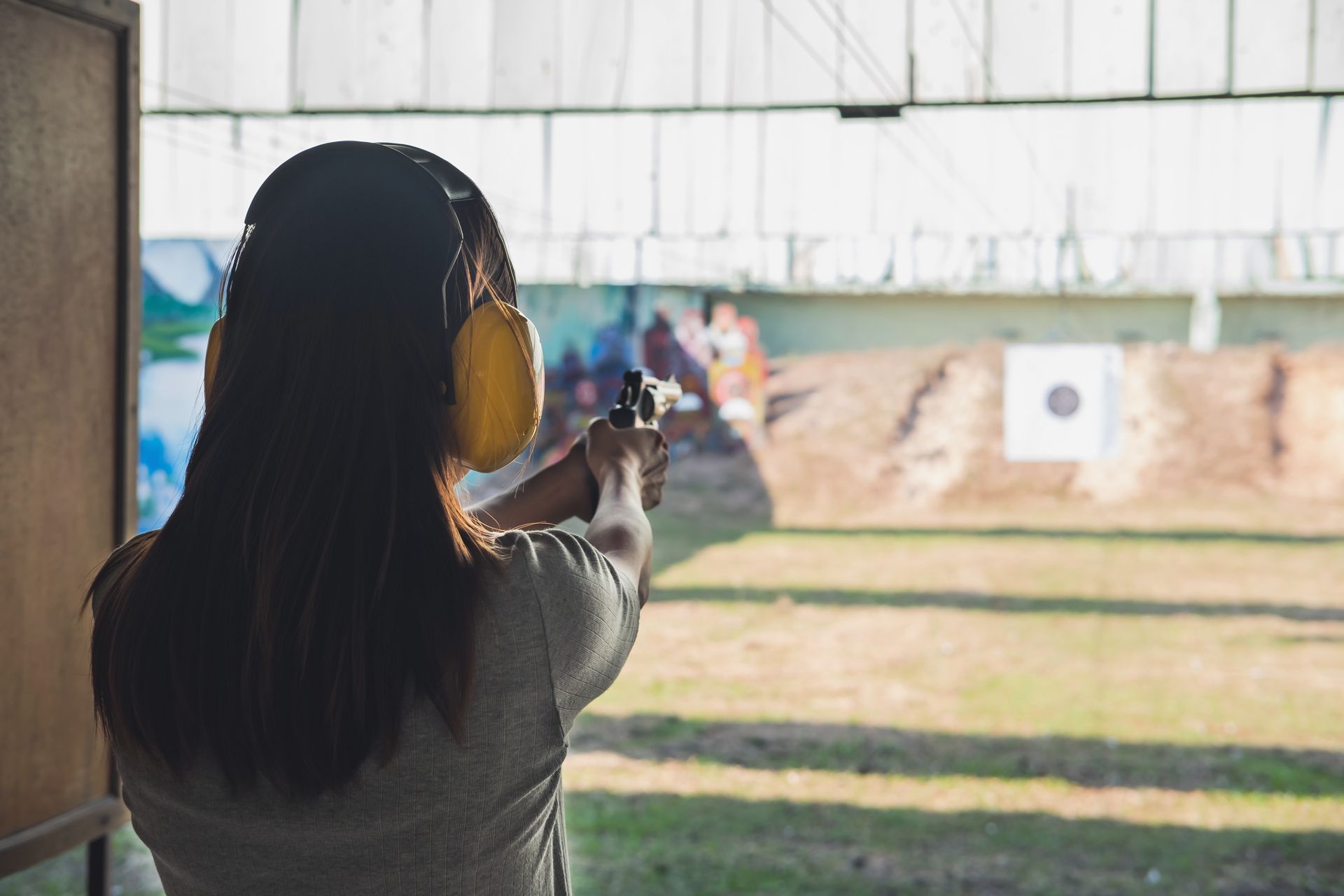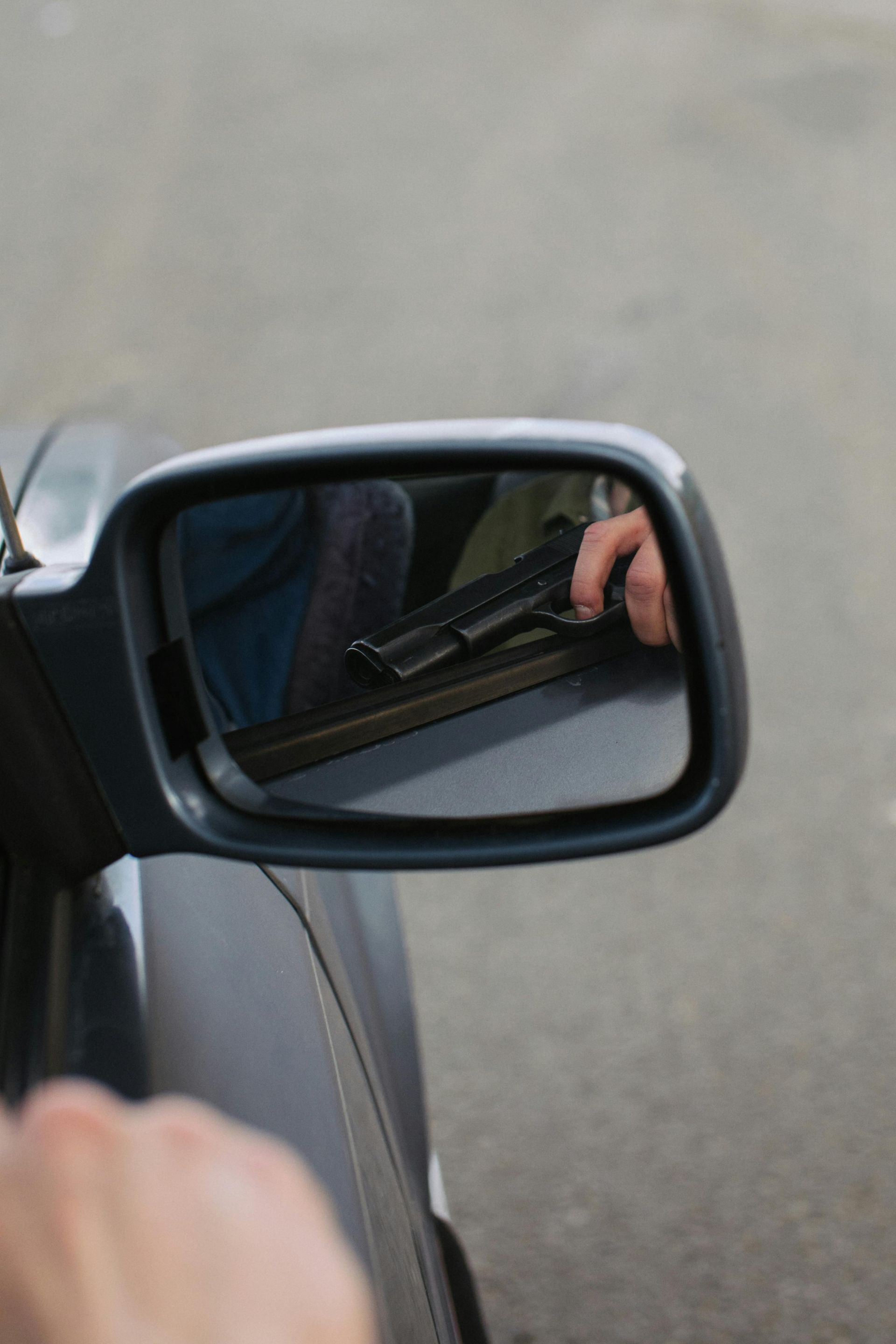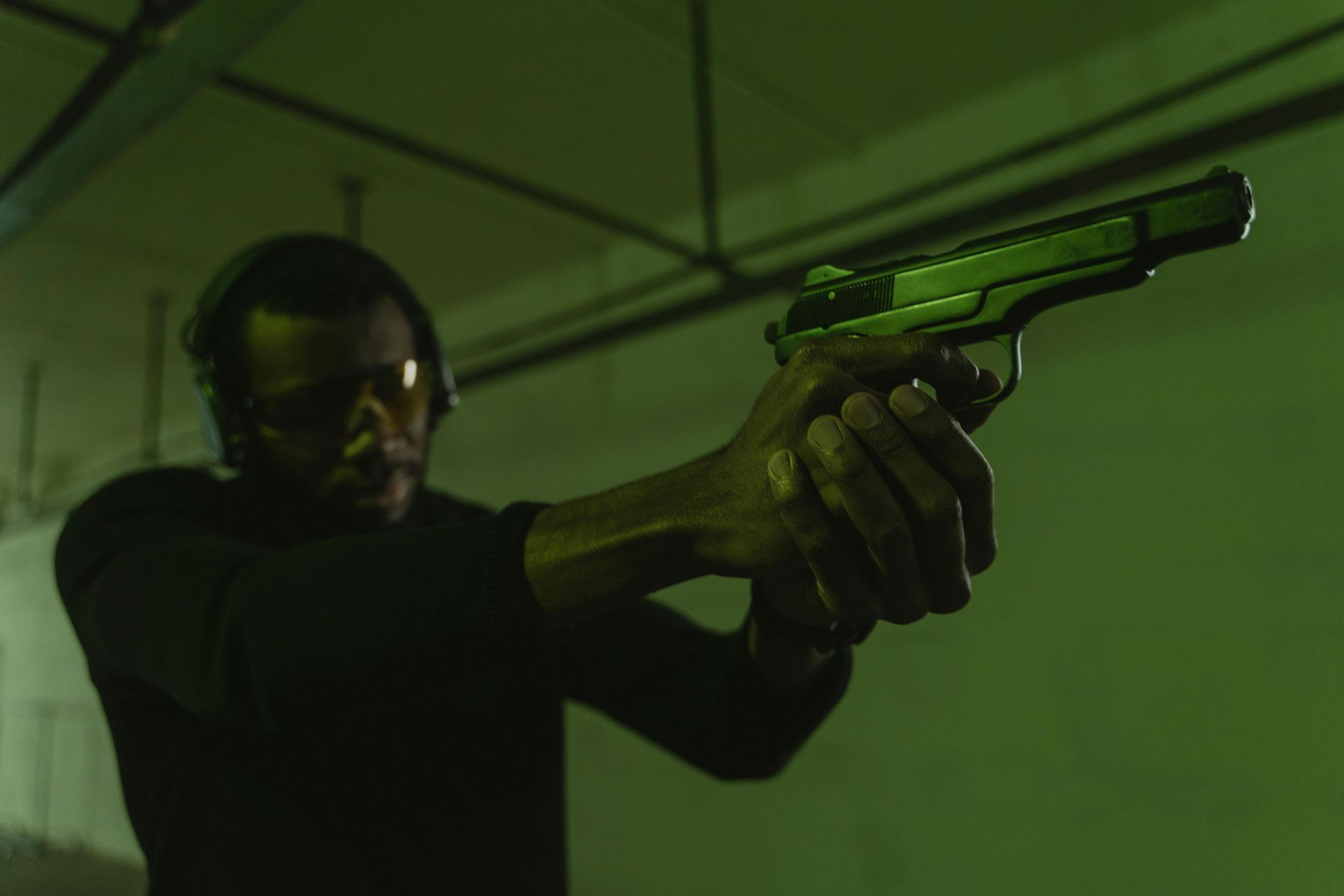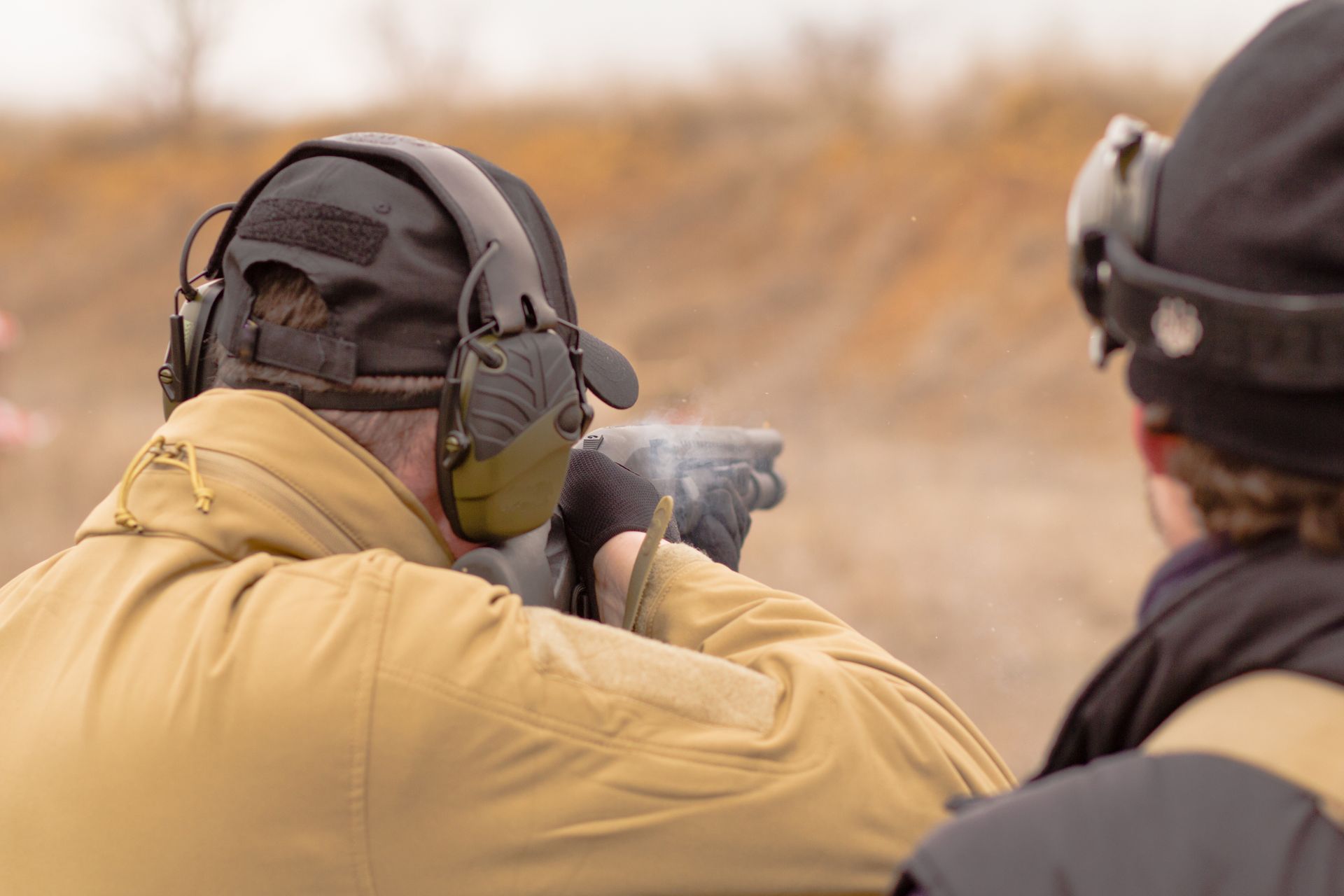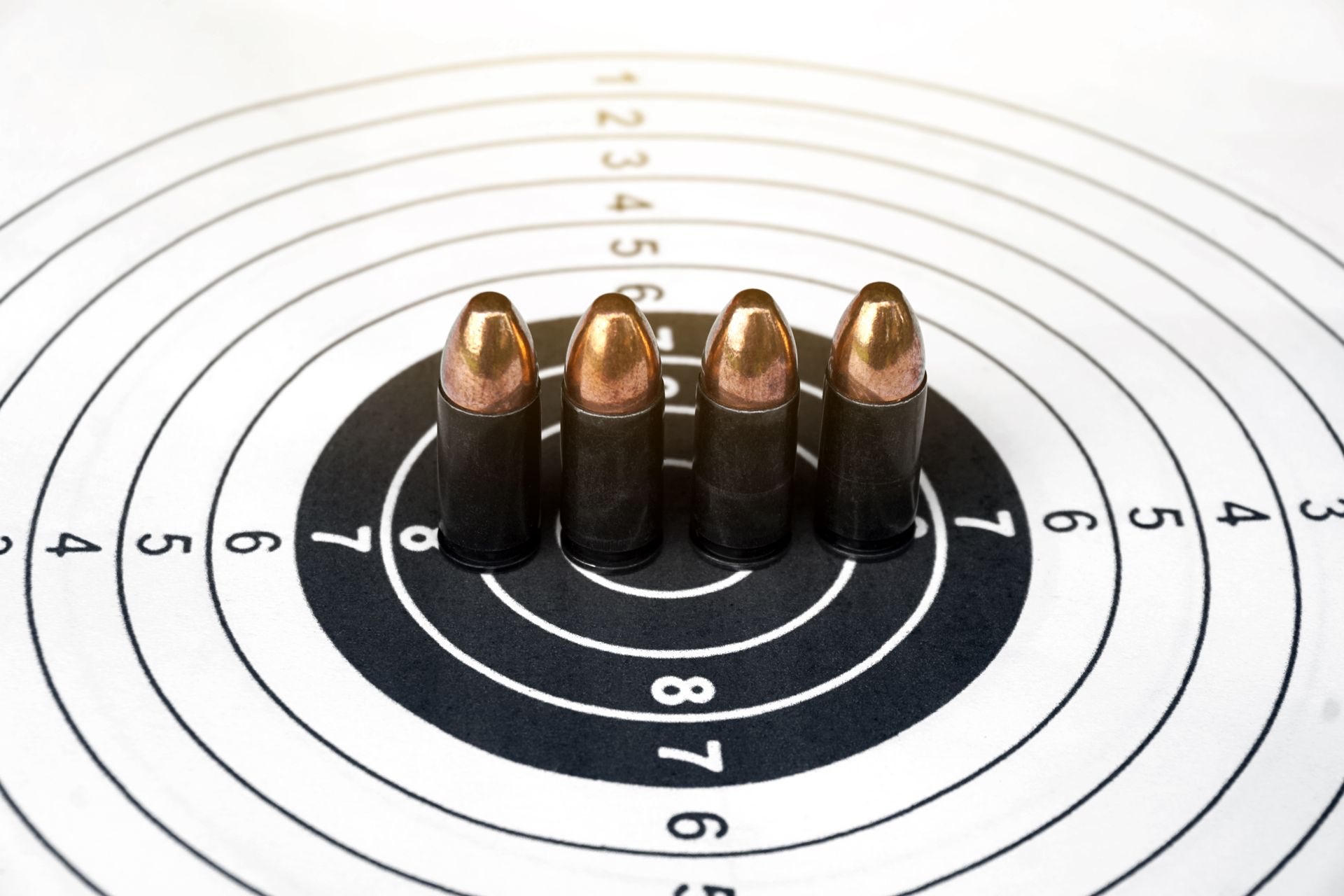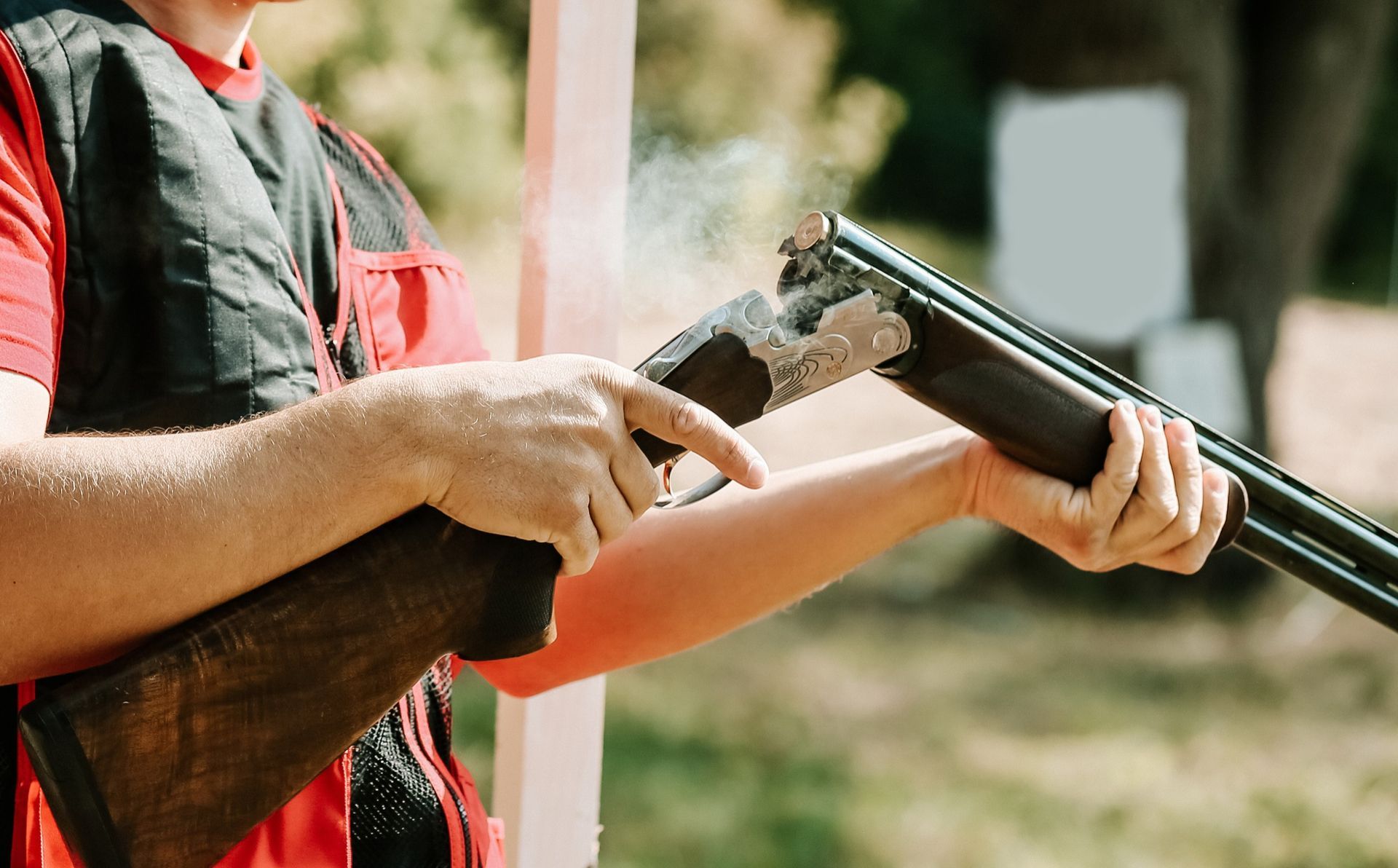Ammunition Basics: Understanding Different Types and Calibers
When it comes to firearms, understanding the basics of ammunition is crucial for safe and effective use. Whether you're a novice or an experienced shooter, knowing the different types of ammunition and calibers can help improve your accuracy, enhance your firearm’s performance, and keep you safe. At
Lake Brownwood Firearm, located in Brownwood, TX, we aim to help you become knowledgeable about every aspect of firearms, including ammunition. In this blog post, we'll guide you through the fundamentals of ammunition types and calibers, helping you make informed decisions for your shooting needs.
Beyond Boundaries
The Anatomy of Ammunition
Before we dive into different types of ammunition, it's important to understand the basic components that make up a cartridge. A standard cartridge consists of four key parts:
- Bullet: The missile that's launched from the weapon.
- Casing: The container that holds all the components together, often made of brass or steel.
- Propellant: Usually a form of gunpowder, it provides the force needed to propel the bullet forward.
- Primer: A small explosive charge that ignites the propellant when struck by the firing pin of the gun.
These components work together in a finely tuned system, and any failure in one of these elements can lead to malfunctions or even accidents. Understanding how ammunition functions on a basic level can help you troubleshoot issues and make the right choices for your firearm.
Common Types of Ammunition
Ammunition comes in a variety of forms, and selecting the right one depends on your specific needs—whether for target shooting, hunting, or self-defense. The most common types of ammunition are:
- Full Metal Jacket (FMJ): FMJ rounds are ideal for target shooting and practice. They consist of a lead core encased in a harder metal shell. FMJ bullets penetrate targets cleanly but are not designed to expand upon impact, making them less effective for hunting or self-defense.
- Hollow Point (HP): Hollow-point bullets are engineered to expand upon impact, creating a larger wound channel. This makes them a preferred choice for self-defense and hunting, as they reduce the risk of over-penetration and maximize stopping power.
- Soft Point (SP): Similar to hollow points, soft-point bullets have a lead core that is partially exposed at the tip. They expand more gradually than hollow points, making them useful for hunting where deeper penetration and controlled expansion are desired.
- Ballistic Tip: Designed for long-range accuracy, ballistic tip bullets combine the aerodynamics of a FMJ with the expansion capabilities of a hollow point. These rounds are popular for precision shooting and hunting.
Choosing the right type of ammunition is crucial depending on what you intend to use it for. Always ensure you know your firearm’s specifications and its compatibility with certain types of ammo.
Understanding Calibers
The caliber of a firearm refers to the internal diameter of its barrel and consequently the diameter of the bullet that is fired. Caliber is a measurement that can be denoted in either inches or millimeters, and different calibers serve different purposes. Here are some of the most common calibers you’re likely to encounter:
- .22 LR (Long Rifle): One of the most popular calibers for beginners and experienced shooters alike. .22 LR is inexpensive, easy to shoot, and has low recoil, making it perfect for target shooting and small-game hunting.
- 9mm: Arguably the most widely used handgun caliber, 9mm rounds offer a good balance of power and recoil. They are favored for self-defense, law enforcement, and target practice.
- .45 ACP (Automatic Colt Pistol): Known for its stopping power, the .45 ACP is a larger caliber often used in self-defense and by some law enforcement agencies. It has more recoil compared to smaller calibers like 9mm, but its power is undeniable.
- .223/5.56 NATO: Commonly used in AR-15 style rifles, .223 and 5.56 NATO rounds are popular for both civilian and military use. They are versatile, offering effective range, stopping power, and moderate recoil.
- .308 Winchester/7.62 NATO: These calibers are preferred for hunting and long-range shooting. Known for their accuracy and power, they are often used for larger game hunting and military sniper rifles.
Understanding which caliber is best suited for your firearm and shooting purpose is essential for safety and effectiveness. Consult your firearm’s manual or a professional if you’re unsure about which caliber to use.
Factors to Consider When Choosing Ammunition
When selecting ammunition for your firearm, several factors need to be taken into account to ensure the best performance. Here are a few considerations:
- Purpose: Are you using your firearm for self-defense, hunting, or target practice? Different purposes call for different types of ammunition. For example, hollow points are great for self-defense, while FMJ rounds are perfect for range training.
- Recoil Sensitivity: If you’re new to shooting or have sensitivity to recoil, choosing a smaller caliber like 9mm or .22 LR may be beneficial. Larger calibers such as .45 ACP or .308 Winchester can produce stronger recoil, which may be uncomfortable for some shooters.
- Cost: Ammunition prices vary based on the type and caliber. FMJ rounds tend to be cheaper and are ideal for practice, while premium self-defense or hunting rounds like hollow points or ballistic tips can be more expensive.
- Availability: Certain ammunition calibers can be harder to find or more expensive based on current market demand. Always ensure that you can reliably purchase the ammo you need, especially if you shoot frequently.
Proper Ammunition Storage and Maintenance
Proper storage and maintenance of ammunition are crucial for ensuring its longevity and performance. Over time, improper storage can lead to moisture infiltration, corrosion, and weakened primers. Here are a few tips for keeping your ammunition in optimal condition:
- Store in a Cool, Dry Place: Keep your ammunition in a temperature-controlled environment. High temperatures and humidity can lead to the degradation of the powder and casing.
- Use Airtight Containers: Invest in airtight containers or ammo cans with rubber seals to prevent moisture from reaching your rounds.
- Rotate Stock: If you shoot regularly, practice a first-in, first-out system. Use older ammunition first to ensure it doesn’t sit too long in storage.
- Check for Corrosion: Before loading your firearm, inspect each round for signs of corrosion or damage. Never use ammunition that shows visible signs of deterioration, as it could lead to malfunctions or safety hazards.
Contact Lake Brownwood Firearm to Know More About Gun Safety
At Lake Brownwood Firearm, we take pride in offering top-tier firearm training and education to residents of Brownwood, TX, and beyond. Whether you’re a beginner looking to get your first taste of shooting or an experienced shooter aiming to enhance your skills, we offer personalized training courses to meet your needs. Our team is committed to providing a safe and supportive learning environment where you can improve your knowledge about firearms, ammunition, and responsible gun ownership.
If you’re interested in learning more about ammunition or firearms training, give us a call at
(325) 203-8899. The trainings we offer are
mass shooter safety and
school safety. We’d love to help you sharpen your skills and become a more confident and responsible gun owner.
FAQs
What’s the difference between FMJ and hollow point ammunition?
FMJ (Full Metal Jacket) bullets are designed for penetration and typically don't expand upon impact, making them suitable for target practice. Hollow point bullets, on the other hand, are designed to expand upon impact, increasing their stopping power and reducing the risk of over-penetration. They are ideal for self-defense and hunting.
Can I use any caliber in my firearm?
No, you must use the caliber specified by your firearm's manufacturer. Using the wrong caliber can cause malfunctions, damage to the firearm, or even serious injury. Always check your firearm’s manual or consult with a professional before using any ammunition.
How should I store my ammunition?
Keep bullets away from humidity and temperature extremes. Airtight containers, such as ammo cans with rubber seals, can help protect your rounds from environmental factors.
How often should I replace my ammunition?
Well-maintained ammo can have a long shelf life. However, if you shoot regularly, it’s a good idea to rotate your stock, using the older rounds first to prevent them from sitting too long. Always inspect ammunition for signs of corrosion before use.
What caliber is best for beginners?
For new shooters, a smaller caliber like .22 LR is often recommended due to its low recoil, affordability, and ease of handling. As you gain experience, you can explore larger calibers such as 9mm or .45 ACP based on your needs and preferences.
